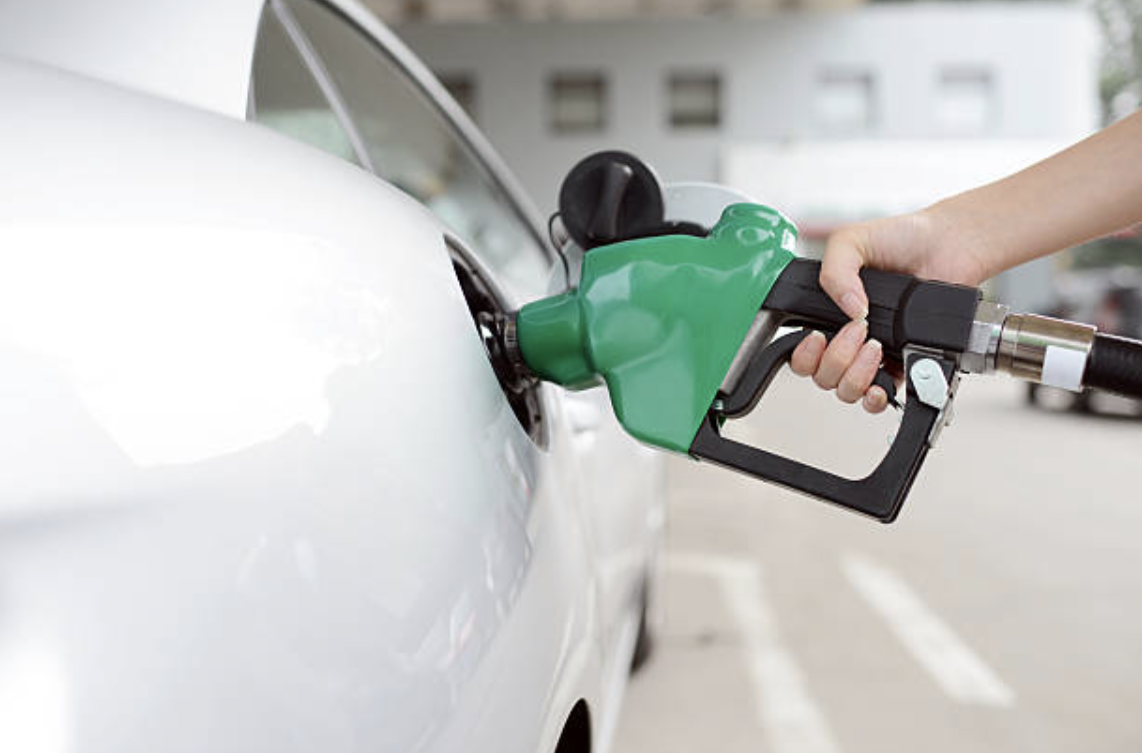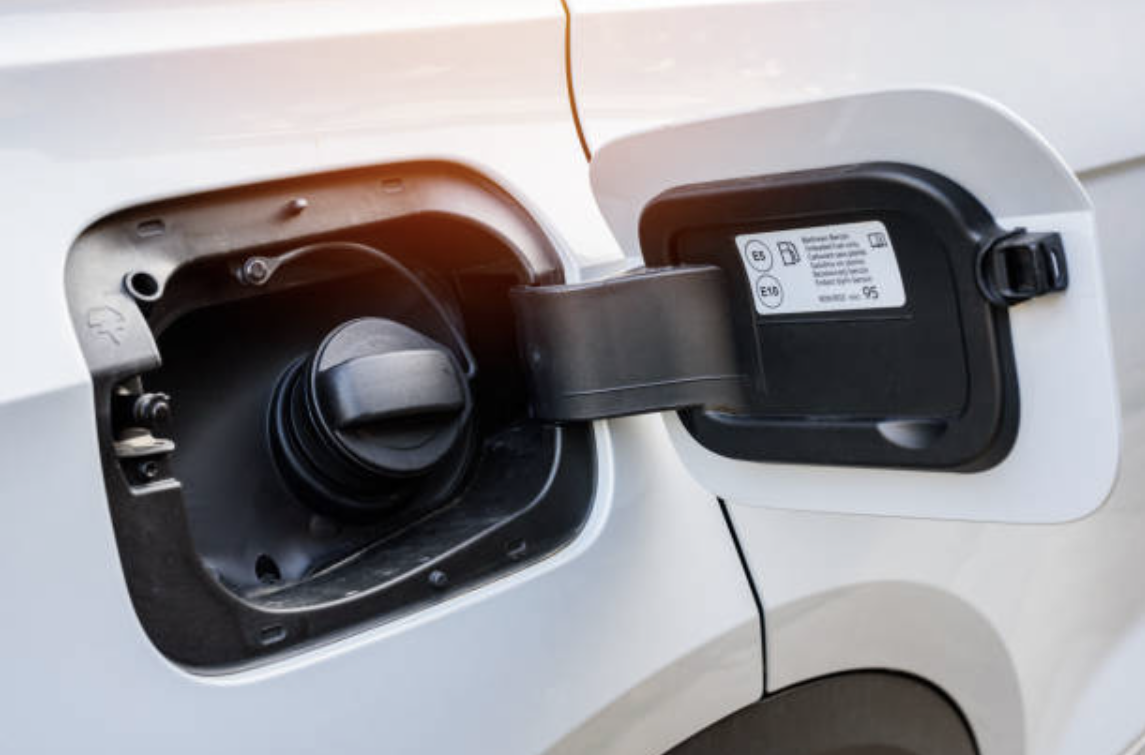5 Tips For Selecting Custom Fuel Tank For Your Vehicle
When customizing an automobile, you should pay attention to the type of tank you add. The tank can significantly affect weight, speed, performance, and the vehicle's aesthetic value. Instead of the traditional bulky tanks, customize the best one to meet your vehicle's customization and functionality.
You can choose tanks of different shapes, materials, sizes, and other custom-design aspects to fit your needs. Due to safety and other concerns, you should be careful when making such choices to avoid major errors.
Due to their impacts on the car, customized tanks are the best options for your vehicle to boost speed, performance, and visual appeal.
When selecting any tank, these tips should help you pick the best choice to meet all your customization needs.
1. The Material Selection
The first rule of selecting a tank is ensuring it can withstand environmental and chemical conditions.
Begin by focusing on the best material resistant to various conditions you will likely subject the tank to.
Stainless Steel Tanks
Stainless steel should be the top option for a secure, durable, slightly light fuel tank. You can always use this tank instead of aluminum. Due to its structure and robustness, stainless steel is ideal for vehicles like trucks; however, you should consider the weight.
Despite being slightly heavier than an aluminum tank, it can still help you reduce the automobile's weight. Secondly, it can withstand environmental conditions, so you should not worry about the ecological impacts.
The shiny texture of these tanks makes them attractive, especially when used in trucks. To maintain this appeal, you must constantly clean them to remove any dust, mud, or debris on the surface. They are only appealing if they are spotless.
However, be ready to pay more than other tanks since stainless steel is still slightly expensive, and customization requires time and attention to detail. Polythene Tanks
Among the multiple choices, you can select Hot Rod fuel tanks made from quality steel to boost performance and other customization requirements.
Aluminum Tanks
Aluminum is the best material for custom tanks. Due to its weather- and corrosion-resistant capabilities, it can withstand every condition without rusting. You should not worry about wear and tear since these tanks are corrosion-resistant.
You will hardly notice a leak unless you knock it onto a sharp object. Another advantage is its lightness, which enables you to reduce the automobile's overall weight. If you are customizing your car to boost speed, the best tank to buy is an aluminum tank. They are light, so they can help you reduce weight and drag, making the car fast and easy to maneuver.
Steel Tanks
During the selection, ensure the tank is safe and can withstand all the conditions, including collision impact. Of all the options available, only one meets this criterion. However, it is heavier and may not fit needs like an automobile. Instead, you can use it for stationary storage since it is impact-resistant and durable.
When buying such tanks, be ready for major shortcomings like susceptibility to rust and bulkiness. Therefore, you must be ready to repaint the outer layer and surface to slow rusting and create an additional protective layer to withstand heat and moisture.
To ensure they last longer, you can build a protective structure, like a tiny shelter, to protect steel from direct rain and moisture.
2. Polythene Tanks
Though rarely used, you can also opt for plastic tanks, perfect for fuel storage for devices like generators. Plastic is not ideal for a fuel tank, but when combined with other elements like nylon, it is appropriate for such needs.
Consider them if you store more fuel and want to reduce the costs of buying or creating a customized tank.
Polyethylene tanks are a perfect alternative if you are looking for a stationary and long-term fuel storage option. They are also resistant to major environmental conditions, including chemicals.
3. Think Of Safety First
It is easier to install a custom hot rod fuel tank on your automobile; however, there are considerable risks involved in such decisions. One of the risks is rapture, which occurs when the fluids get too hot, leading to explosions and fires.
Abide by different safety precautions to avoid mistakes, which can speed up chemical reactions and lead to serious fires. Before settling on the custom tank, ensure it is best suited for your desired role. Otherwise, consider the safest option, even if it compromises weight and efficiency.
4. Size and Capacity
The type of tank you select will also depend on the size and capacity you need. If you are going long distances without frequent stops, consider a lightweight, sturdy tank with a higher capacity. This leaves you with options like aluminum and stainless.
The choice will depend on your capital and other attributes. Otherwise, you can opt for polythene or steel tanks if you need stationary storage. You can buy the large size to store more fluids intended for stationary equipment like generators.
5. Style
These tanks are available in different styles depending on the device you plan to use them on and how you plan to anchor them to the device. The style will depend on your vehicle and the tank's anchor space.
You can customize the tanks based on the placement chambers, making them fit perfectly in position. Consider the position of major bolts and screws to ensure the tank fits perfectly. You should be able to use the same structure to secure it.
Finally, you should provide the exact and perfect size dimensions. If it is too small, there is room for movement, which can lead to accidents. A larger tank may not fit the space, forcing you to reconfigure.
Conclusion
When selecting a customized tank, consider your needs, such as vehicle customization storage or stationary fuel storage.
Based on these details, you can settle on the four major options based on the type of material. The perfect option should be light, weather-resistant, and durable.









